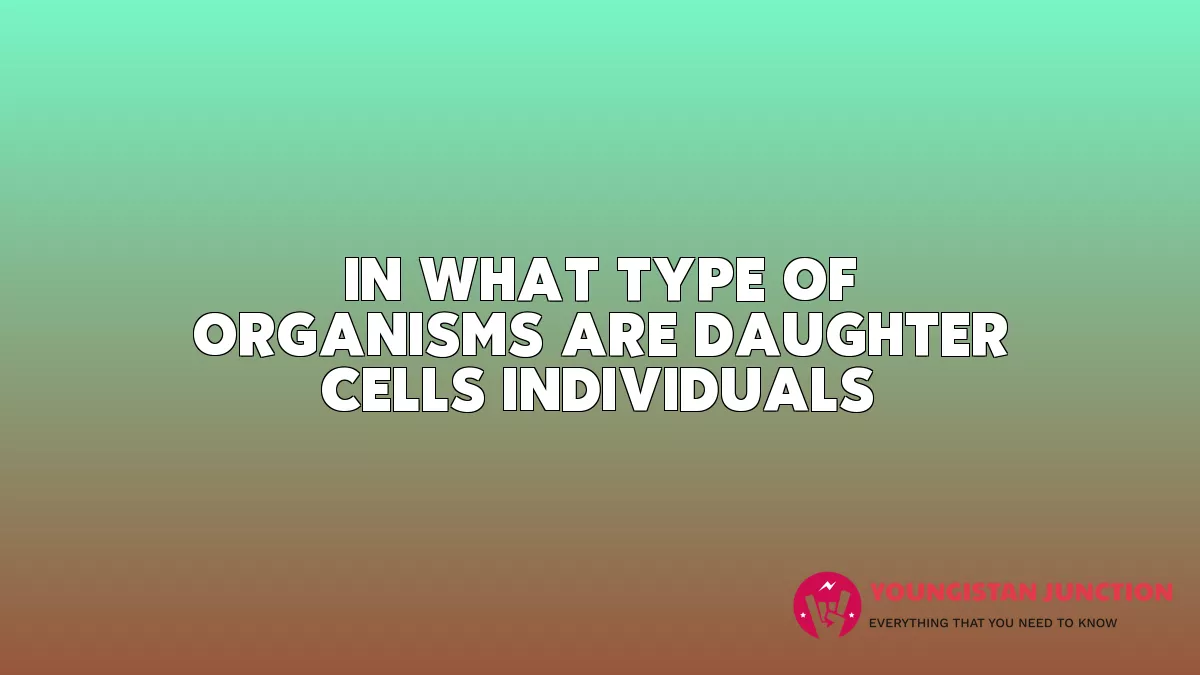In what type of organisms are daughter cells individuals?
- Correct Answer: hematopoietic organisms
- multicellular organisms
- macroscopic organisms
- unicellular organisms
Explanation: 6.4 | Prokaryotic Cell Division By the end of this section, you will be able to: • Describe the process of binary fission in prokaryotes • Explain how FtsZ and tubulin proteins are examples of homology Prokaryotes such as bacteria propagate by binary fission. For unicellular organisms, cell division is the only method to produce new individuals. In both prokaryotic and eukaryotic cells, the outcome of cell reproduction is a pair of daughter cells that are genetically identical to the parent cell. In unicellular organisms, daughter cells are individuals. To achieve the outcome of identical daughter cells, some steps are essential. The genomic DNA must be replicated and then allocated into the daughter cells; the cytoplasmic contents must also be divided to give both new cells the machinery to sustain life. In bacterial cells, the genome consists of a single, circular DNA chromosome; therefore, the process of cell division is simplified. Mitosis is unnecessary because there is no nucleus or multiple chromosomes. This type of cell division is called binary fission.
More Random Questions
Ans: Vamana
Ans: Immigration
Ans: Thailand
Ans: Uttarakhand
Ans: Maria Victoria Juan
Ans: Carminative
Ans: Low viewership
Ans: Growing audiences
Ans: Nigeria
Ans: China
Ans: Increased importance
Ans: Shruti Vora
Ans: China
Ans: Sikkim
Ans: None of the above




